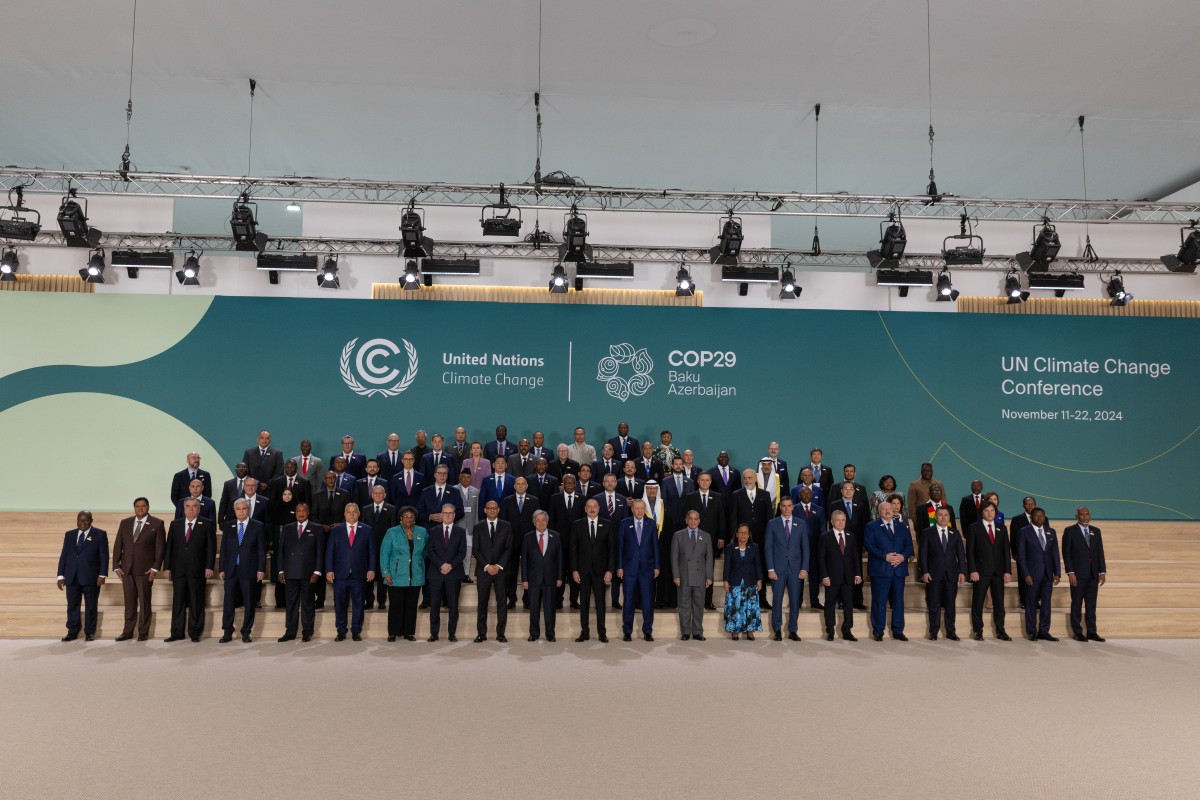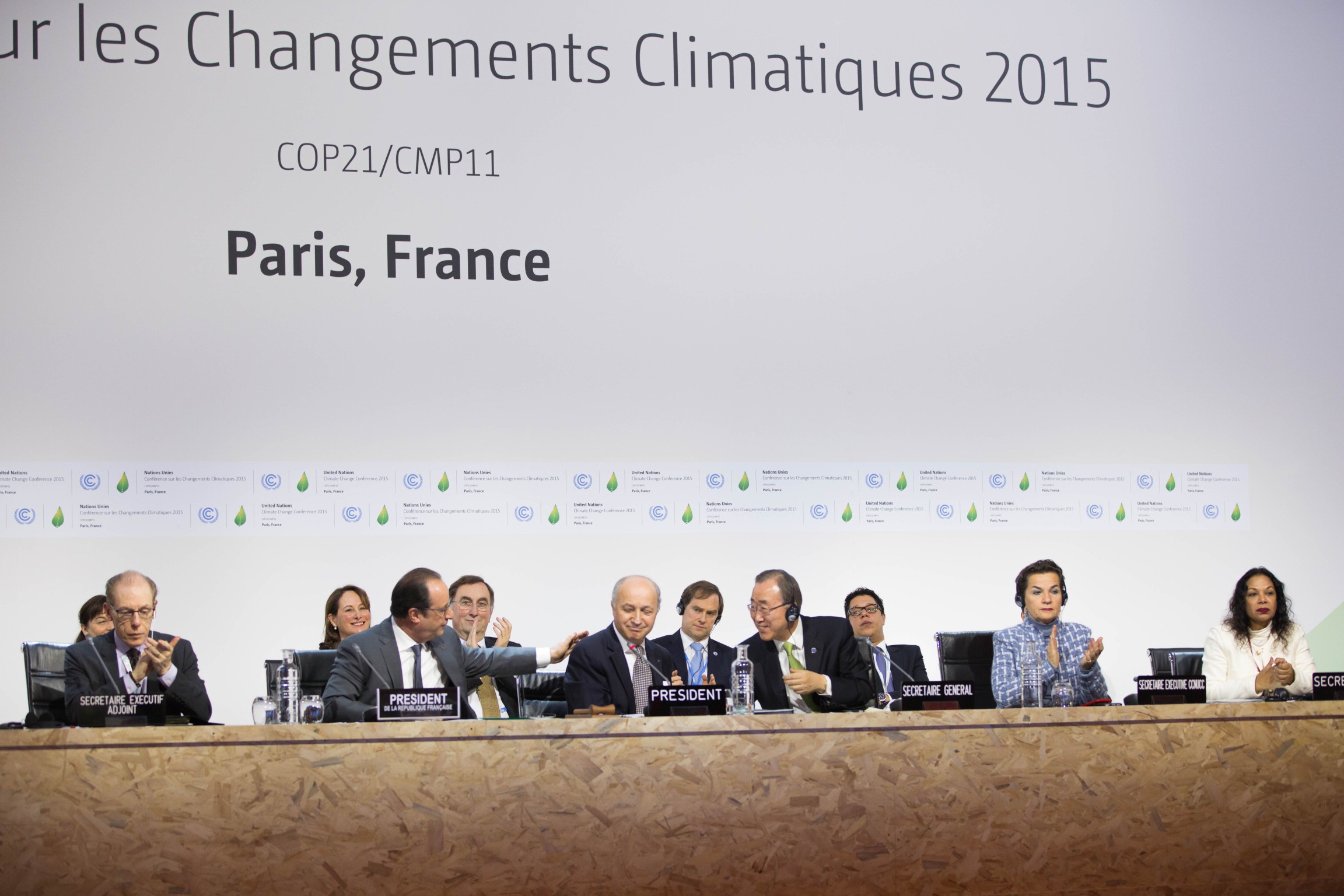

Opinions
Climate Policy
Who Owns Tomorrow’s Emissions?
Aman Srivastava and Nikita Shukla
The Wire | 24 October 2025
Climate finance discussions should recognise future emissions are attributable to developed countries.
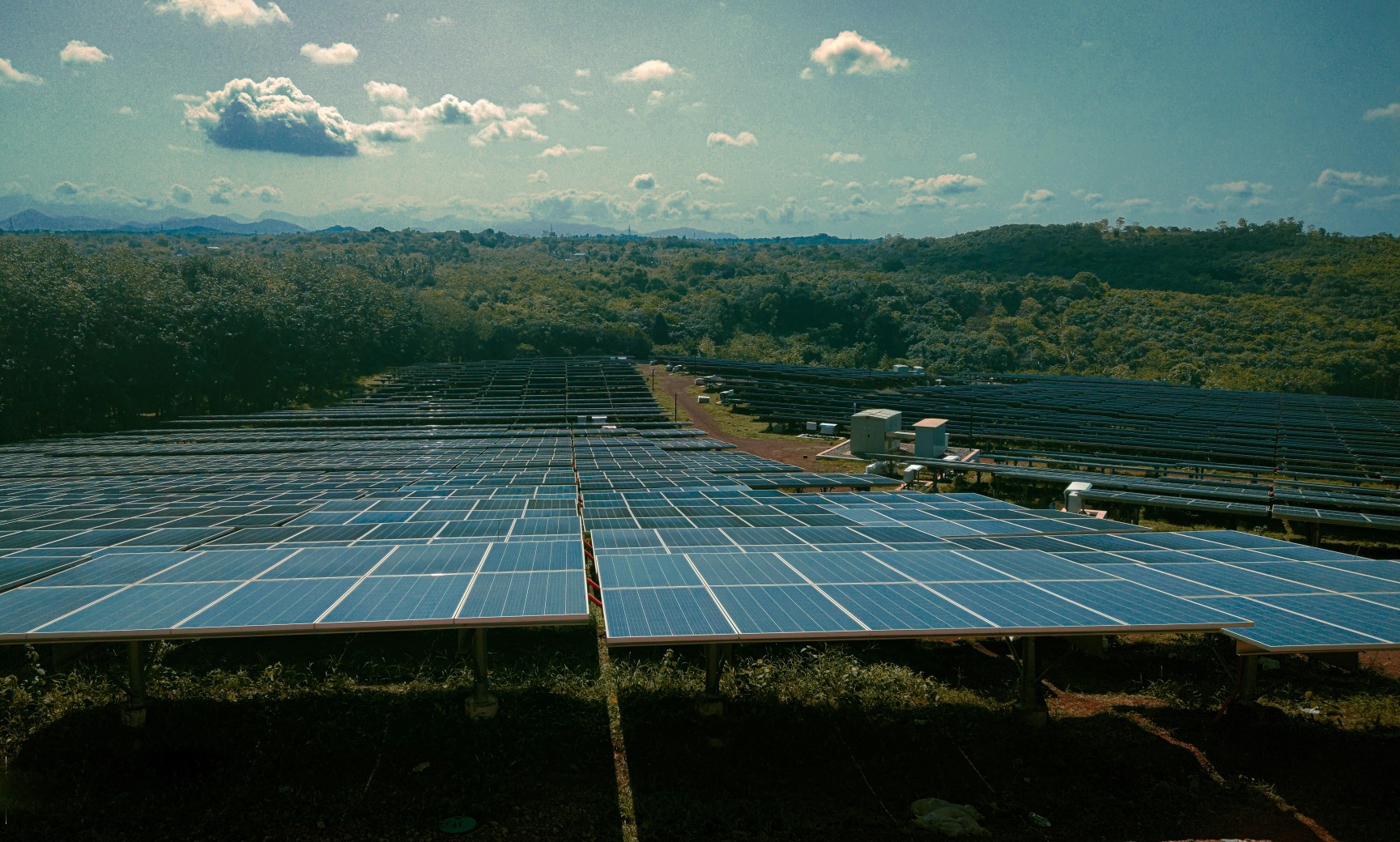

Blogs
Climate Policy
India’s Solar Crossroads: Borrowing Innovation or Building Its Own?
Kashmeera Patel, Aman Srivastava and Easwaran J Narassimhan
29 September 2025
Behind the 100 GW milestone lies a structural vulnerability: India’s solar research, development, and demonstration (RD&D) base is still evolving and leans heavily on imports, leaving the country exposed to supply-chain shocks and sovereignty risks. We map India’s public solar RD&D landscape and analyse whether the country should align with global trajectories or carve out its own leadership.
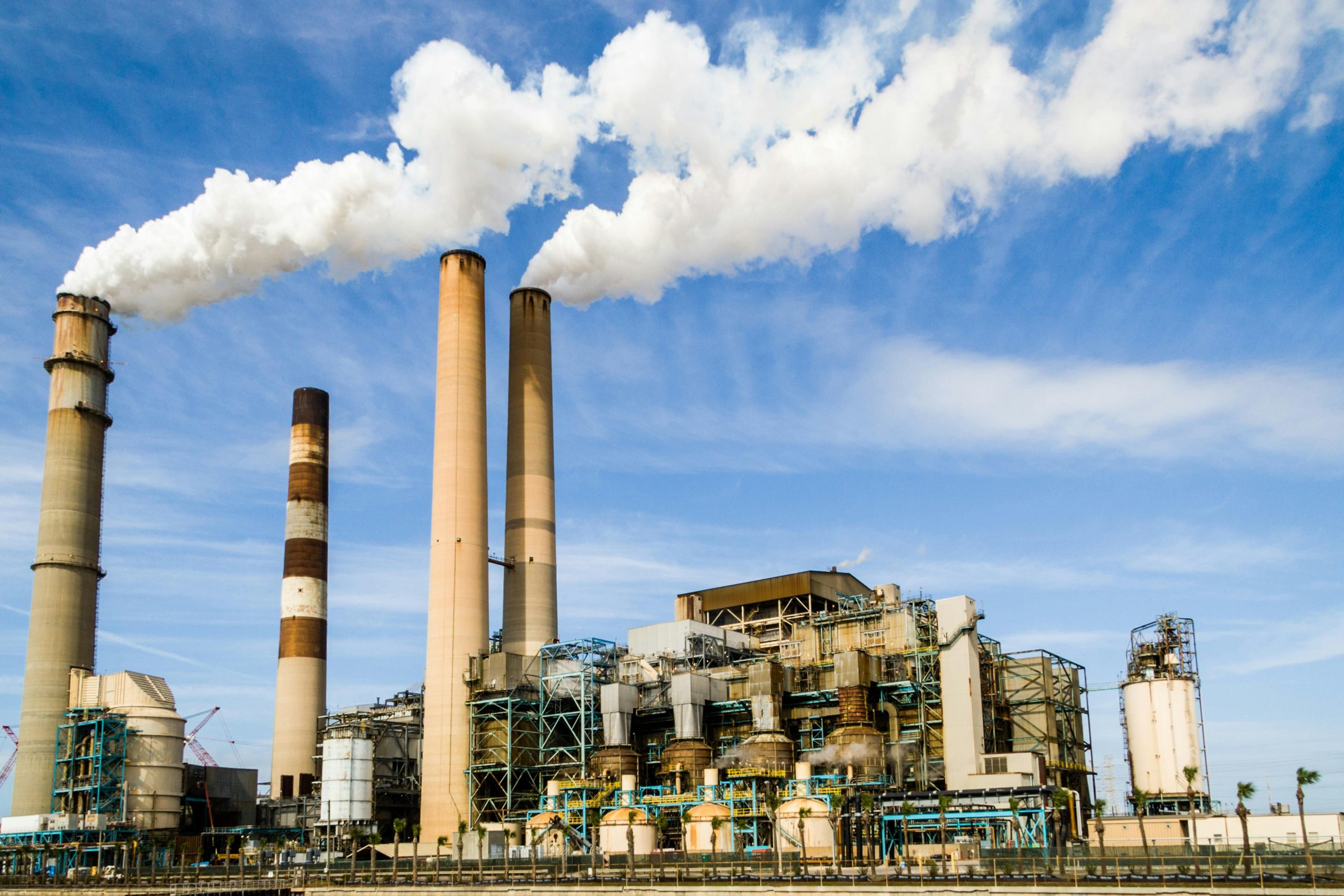

Journal articles
Climate Policy
Researching Climate Policy in Uncertain Times
Climate Policy Journal | 19 August 2025
Climate policy is now a more multi-stranded and complex area of inquiry than ever before. In these uncertain times for climate action and climate cooperation, attention to broader questions is necessary to deepen understanding and work toward a truly effective response to climate change. What sorts of questions and analysis might be of continued, and even enhanced, relevance for analysis in Climate Policy?


Issue Briefs
Climate Policy
What Does Net-Zero Mean? Defining Goals Aligned With National Contexts
Nikita Shukla, Aman Srivastava, and Easwaran J. Narassimhan
21 July 2025
This issue brief outlines key considerations that can help shape a comprehensive definition of net-zero emissions for India, not by prescribing implementation strategies, but by deconstructing net-zero targets by their constituent elements necessary for clarity, comparability, and accountability.
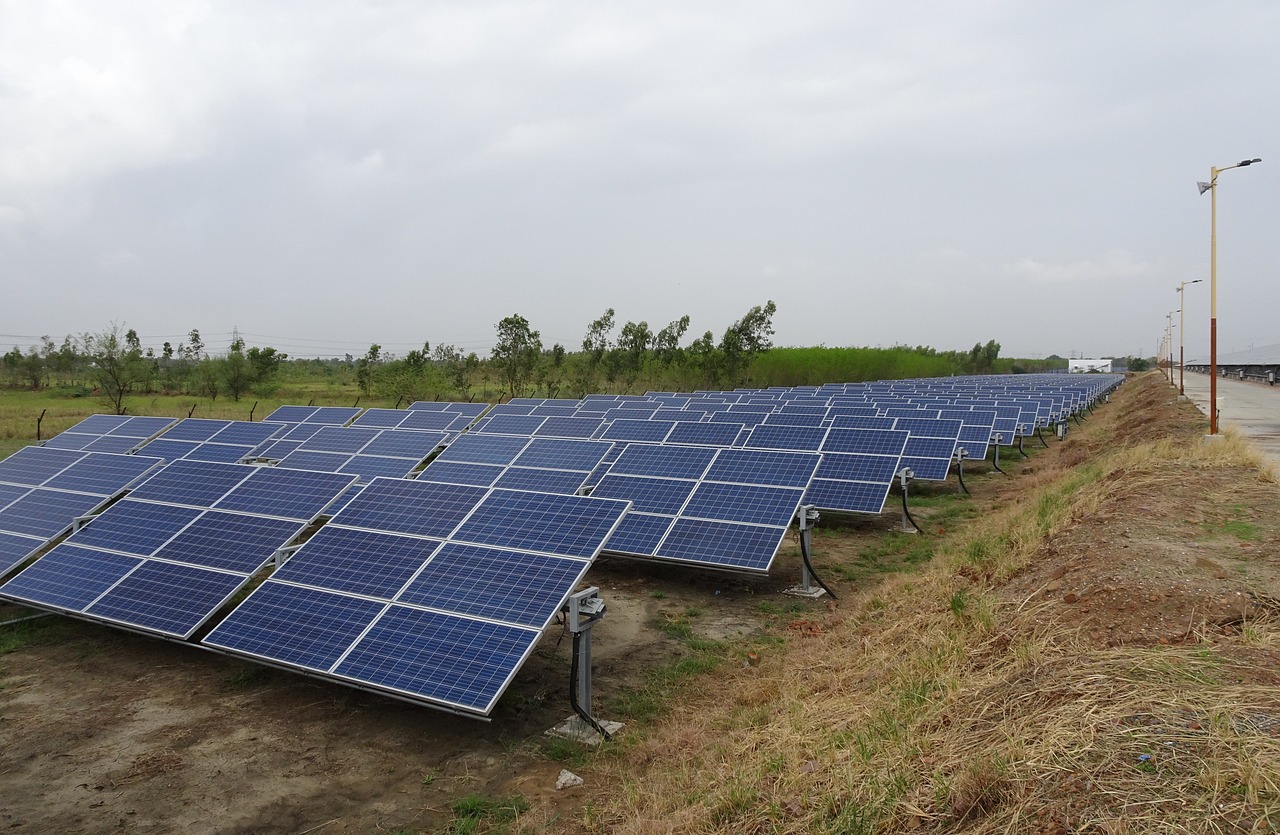

Blogs
Climate Policy
One Lakh Crore for Innovation: Getting Strategic About Clean Energy R&D
Kashmeera Patel, Aman Srivastava, and Easwaran J Narassimhan
11 July 2025
The blog examines the Union Cabinet’s recent approval of the ₹1 lakh crore Research, Development and Innovation (RDI) Scheme through the lens of what it could mean for India’s clean energy innovation landscape and green industrial policy.
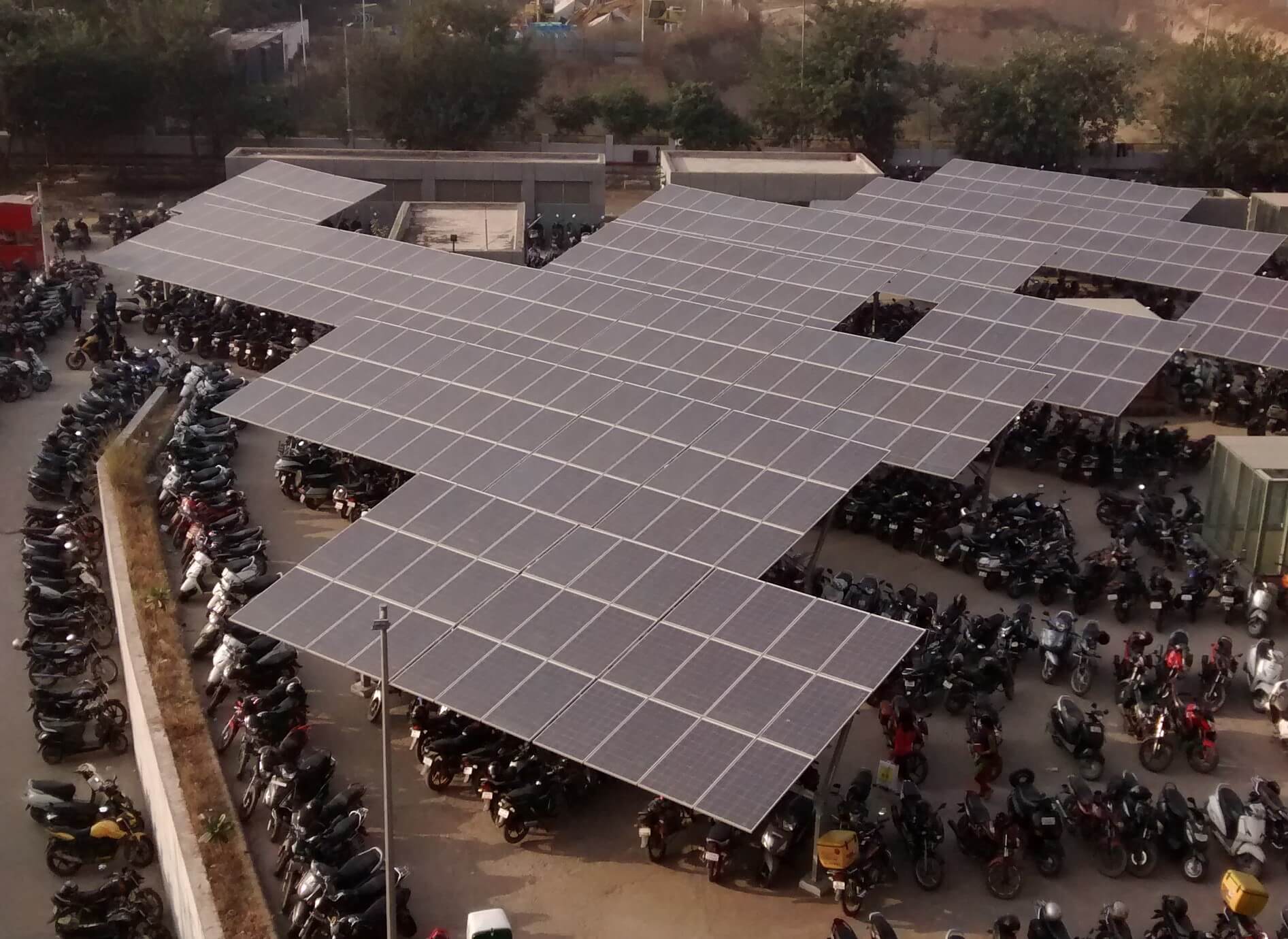

Opinions
Climate Policy
The Climate Challenge as a Development Opportunity
Navroz K Dubash
Project Syndicate | 30 May 2025
Even if policymakers in developing countries see little value in pursuing large emissions reductions at the pace that climate advocates would like, climate-aligned development is still the best path forward. The key, both politically and economically, is to reframe the issue.
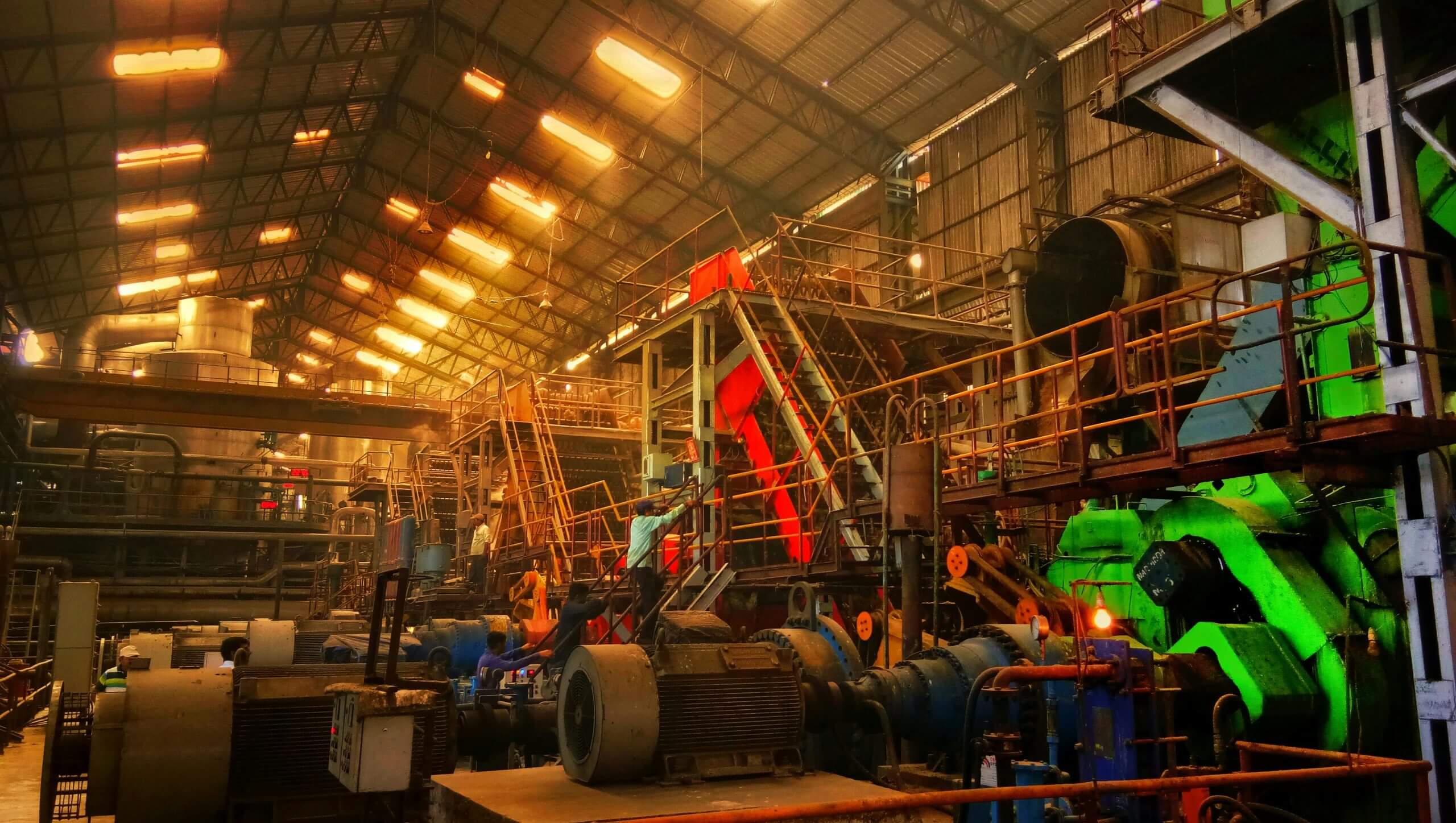

Journal articles
Climate Policy
What Shapes Green Industrial Policy Objectives and Design? A Comparative Policy Analysis of Renewable Energy Auctions in India and South Africa
Easwaran J. Narassimhan
Journal of Comparative Policy Analysis | 29 May 2025
Governments are increasingly using green industrial policies to address socio-economic and environmental objectives in the energy transition. But why do countries with similar policy objectives implement different green industrial policy designs?
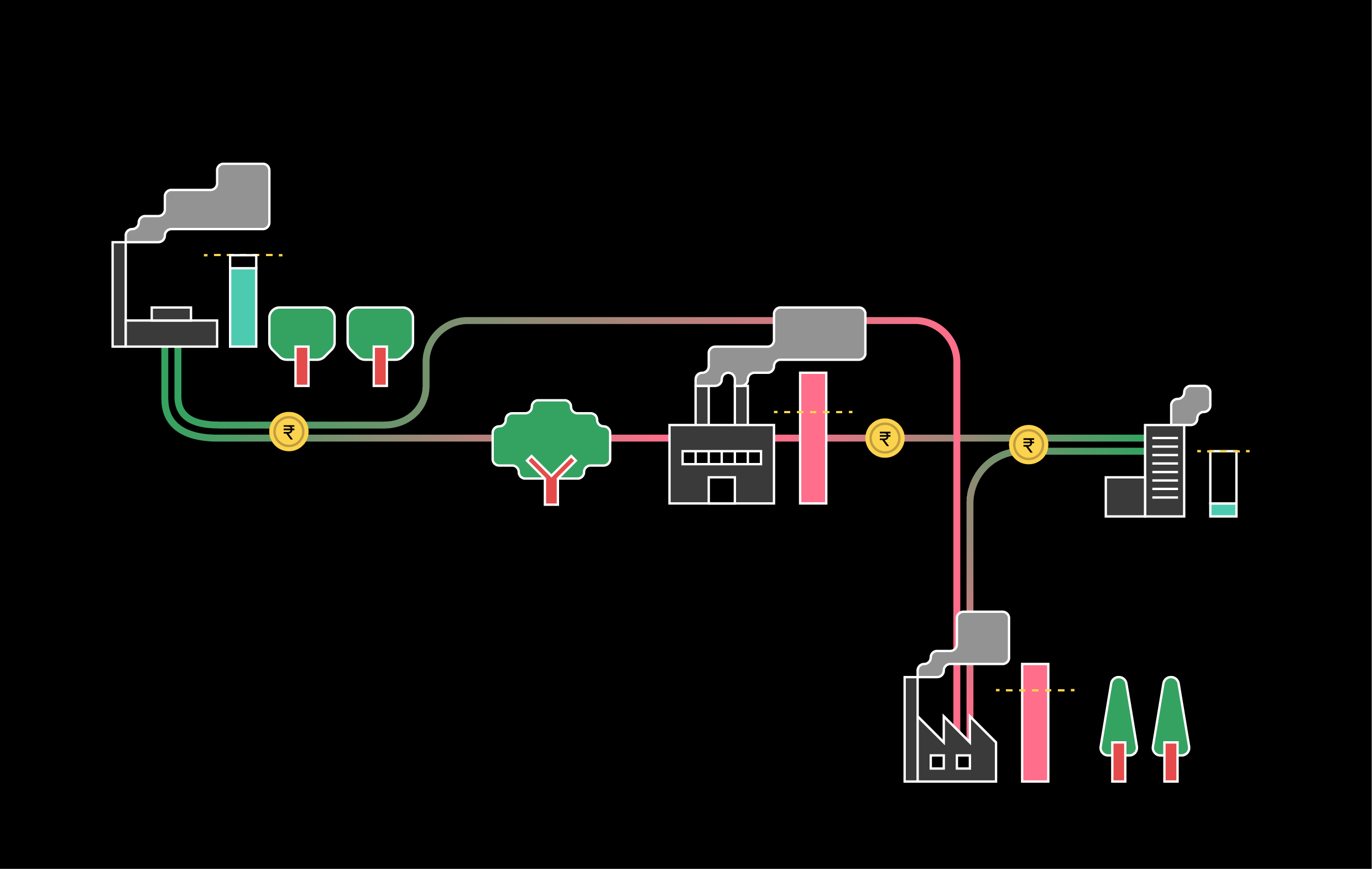

Issue Briefs
Climate Policy
The Indian Carbon Market: Institutional, Regulatory, and Market Considerations
Kashmeera Patel, Easwaran J. Narassimhan et al.
28 April 2025
This brief captures key insights from a stakeholder roundtable on India’s carbon market, focusing on the institutional, regulatory, and market design challenges of the Carbon Credit and Trading Scheme (CCTS).
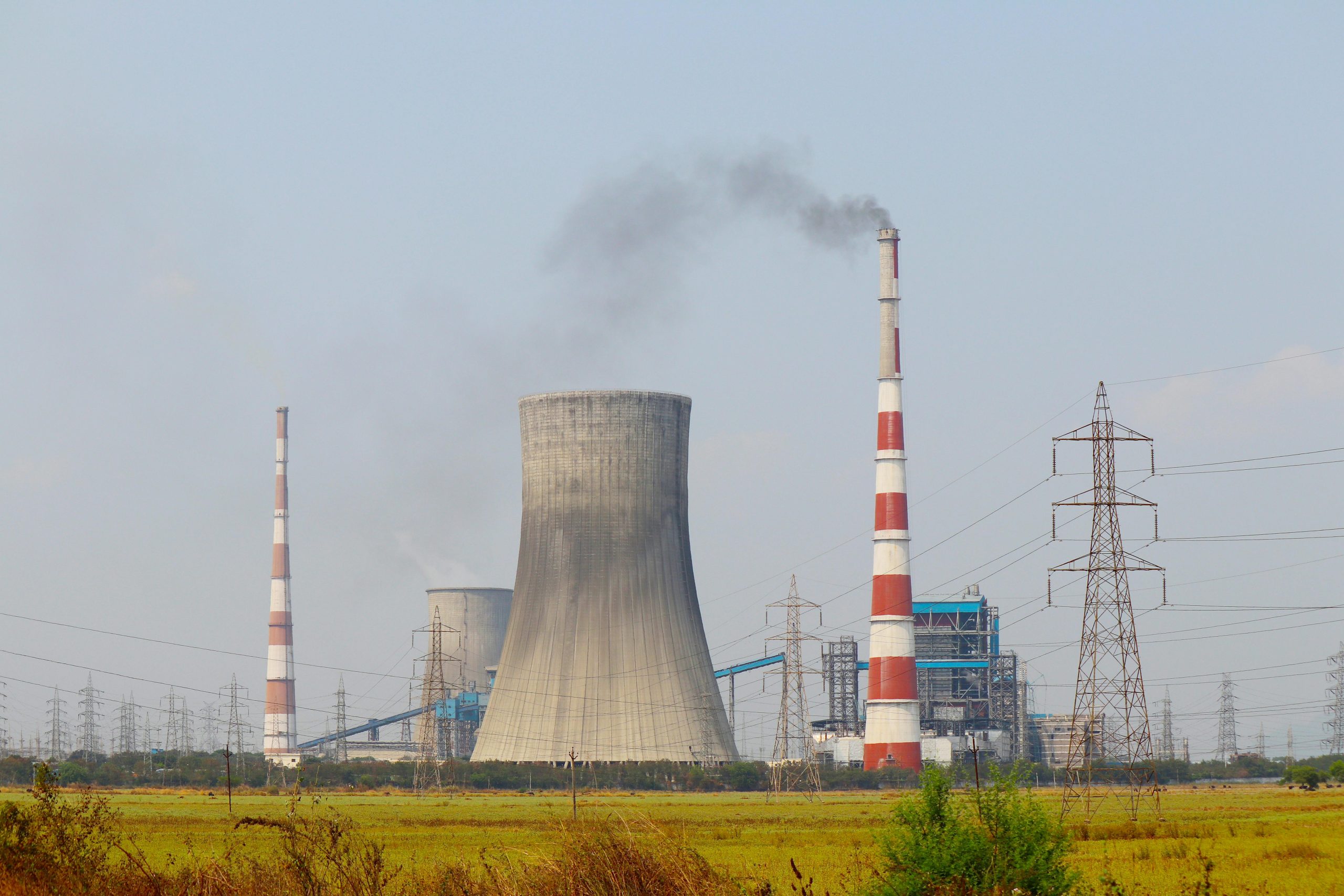

Blogs
Climate Policy
Navigating India’s Climate Futures Requires a Nuanced and Transparent Approach to Modelling
Nikita Shukla, Aman Srivastava, Easwaran J Narassimhan
14 April 2025
Insights from emissions-economy modelling studies are only as reliable as the methods used to generate them. We present a framework to assess, compare, and interpret the structures and implications of these studies, aiming to spark critical dialogue and foster understanding in India.
Show more
Projects


Climate Policy
The Climate Futures Project – Bridging Climate Policy and Models
Aman Srivastava, Nikita Shukla, Easwaran J. Narassimhan
17 April 2025
The Climate Futures Project is an initiative of the Sustainable Futures Collaborative, originally an independent initiative co-developed by the Centre for Policy Research and the Indian Institute of Technology Delhi, to foster the informed and measured use of climate policy modelling studies by decision makers, scientists, journalists and concerned citizens.


Adaptation and Resilience
Climate Policy
Building a Climate-Ready State
Navroz K Dubash, Aditya Valiathan Pillai and Shibani Ghosh
18 March 2024
Transforming into a low-carbon, climate-resilient society presents complex governance challenges for India. How should the Indian state approach these climate governance challenges? What institutional models could be effective and what lessons can be drawn from global experiences? Our work addresses these questions and offers governance frameworks to guide policymakers, researchers, and civil society organisations.


 SFC Perspectives
SFC Perspectives 
